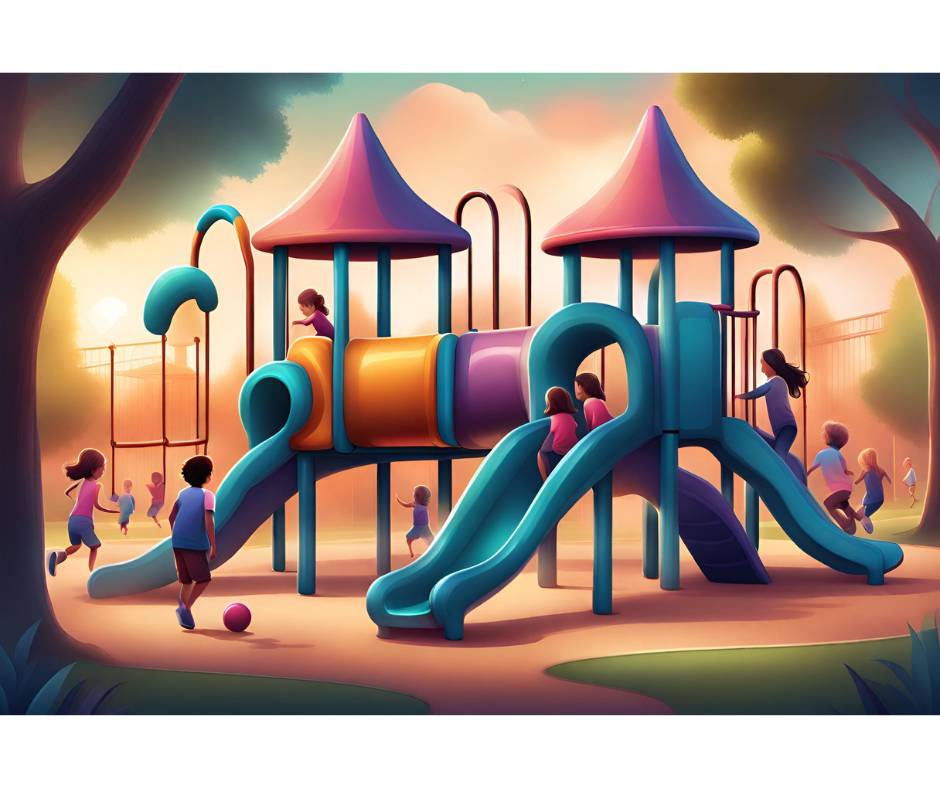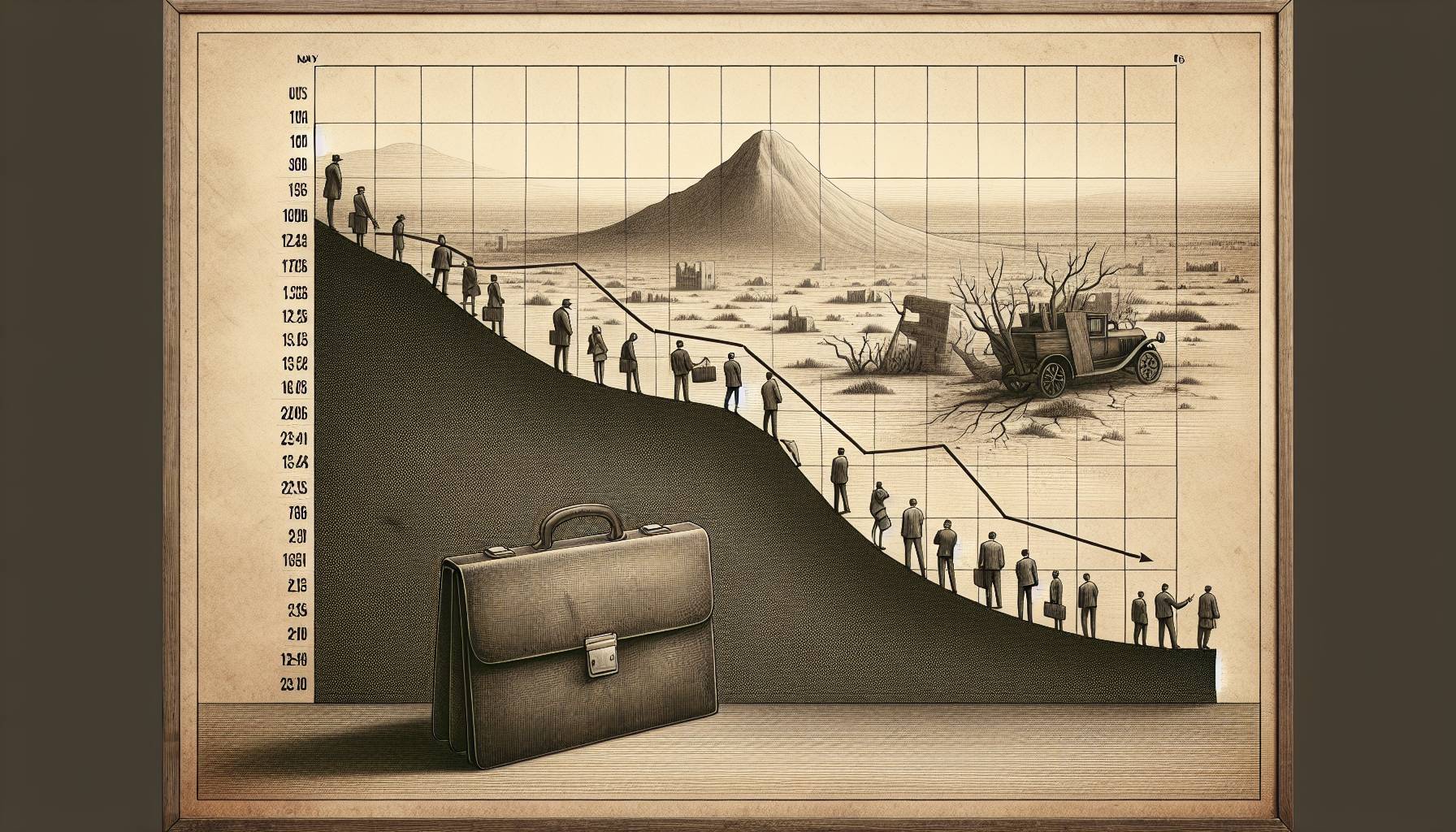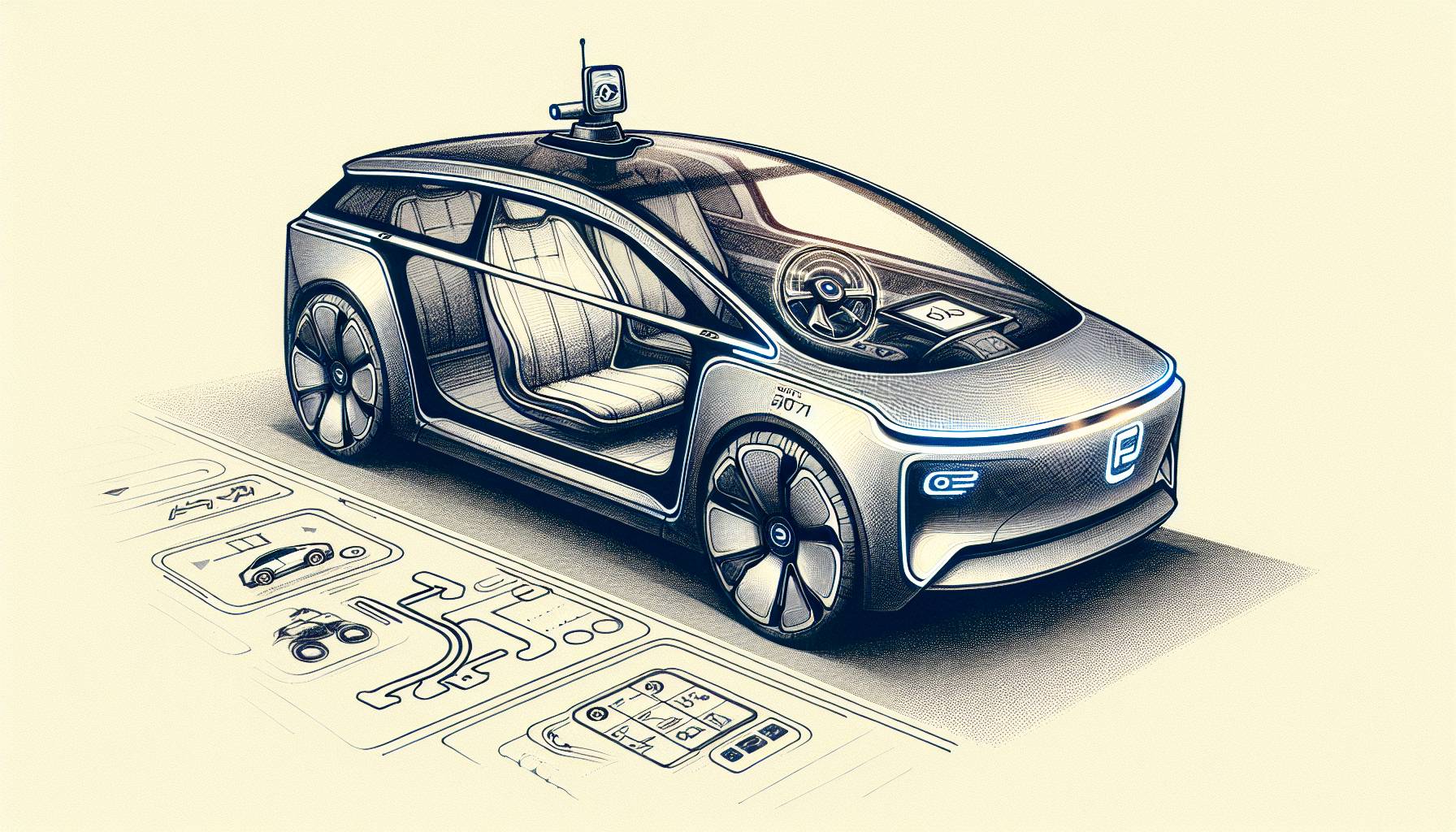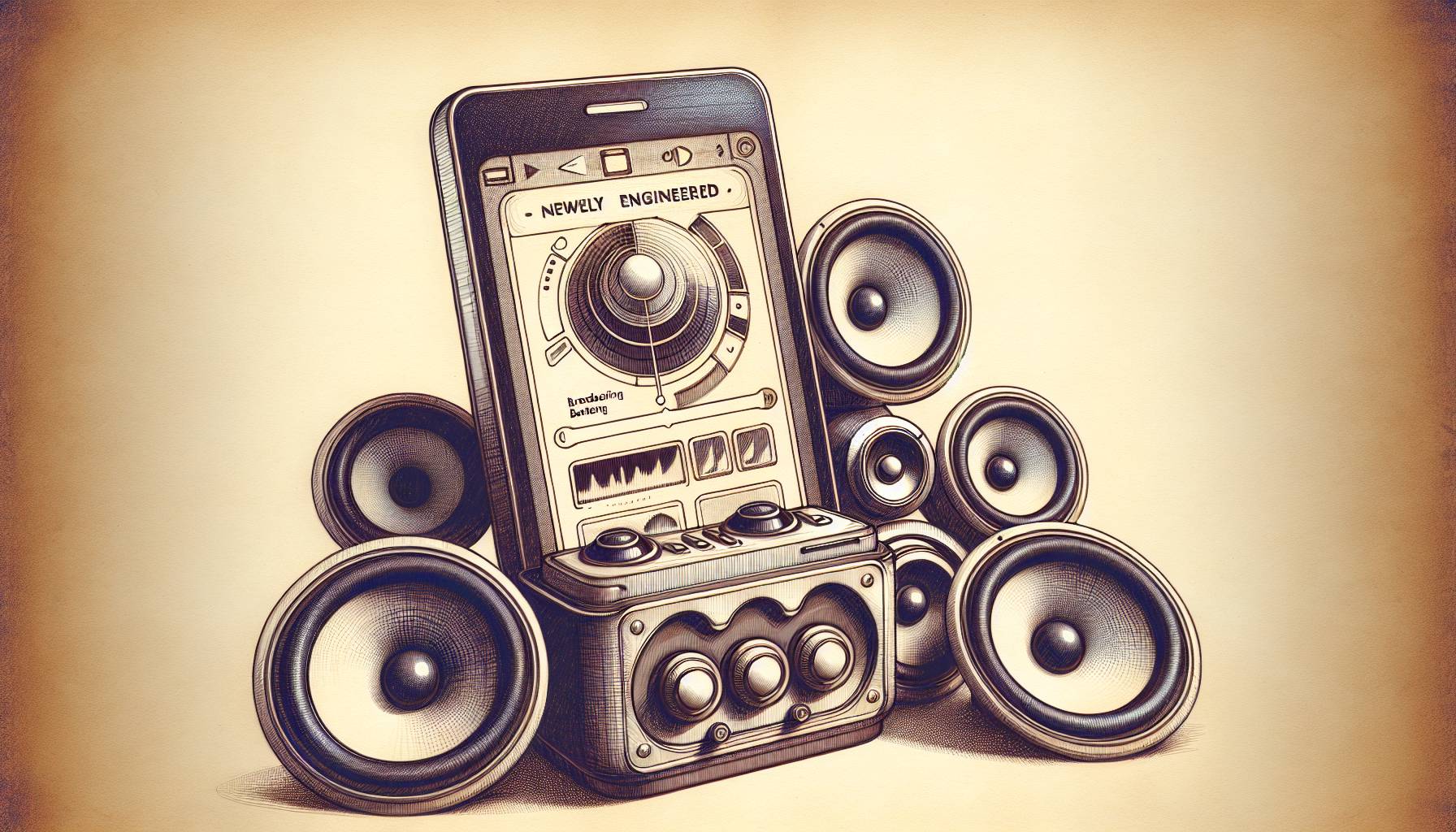Want to learn a little bit more about the date you have next week or that HR manager who can approve your next promotion? Forget about scouring their Facebook profiles or doing a Google (GOOG) search for clues. All you need is a glimpse of their smartphones to understand what makes them tick.
Researchers are gleaning from consumers’ smartphone usage more than just the number of tweets and instant messages they send each month. Approximate age, income level and professional aspirations are all factors when it comes to purchasing a new personal mobile device, according to several recent research studies.
And that data may become even more pronounced (and more valuable to cell phone companies and marketers) as the use of smartphones continues to increase. Some 82% of American adults now have cell phones, a quarter of which are smartphones, as reported by The Nielson Company last week. But if current trends persist, the smartphone will usurp the feature phone as the most commonly used type of mobile device sometime next year.
Are you an iPhone, Android or BlackBerry-based personality?
Apple (AAPL) captured the public’s attention when it released the iPhone three years ago, but ownership of Google’s Android smartphones is the trend of 2010. According to forecasts released by Gartner earlier this month, the Android operating system will become the second most used operating system by 2014, topped only by the older and more antiquated Symbian platform.
“Launches of updated operating systems…will help maintain strong growth in smartphones in 2010 and 2011 and spur innovation,” said Roberta Cozza, principal research analyst at Gartner. “However, we believe that market share in the OS space will consolidate around a few key OS providers.”
So what exactly does one’s smartphone say about its user? First of all, the user is probably a man (in case there was any confusion in that arena). According to a Nielsen study last month, 54% of all smartphone users are men.
BlackBerry (RIMM) users are mostly middle aged, 37-to-55 years old, and rely heavily on their mobile devices for professional purposes. Users of Android phones, now 13% of the market, tend to be younger than the iPhone faithful – some 55% are under the age of 34. Apple’s smartphone users are slightly more educated and affluent than Android users, as 40% of iPhone owners earn $100,000 or more annually, according to Nielsen.
The iPhone is largely fun and games
Android and iPhone users are similar when it comes to how they put their mobile devices to work. Both utilize them for a wide variety of activities. While iPhone owners use the device more frequently for entertainment purposes like playing games, Android users conducted more file transfer activities such as downloading pictures, ring tones and wallpaper.
An individual’s smartphone also provides insight into the types of apps he or she is downloading. App users are 57% male, between the ages of 18 and 29, and are more likely to have a college degree (39%). The most popular app among iPhone and BlackBerry users is Facebook, closely followed by The Weather Channel, according to Nielsen. Android customers made Google Maps their top app, followed by the ubiquitous Facebook.
When it comes to paying for apps, BlackBerry and Android customers have proven themselves to be a bit stingy. They download 3.5 free apps for every one app that they purchase. In contrast, iPhone App Store customers typically download two freebies for every one app they purchase. BlackBerry and Android users are the least likely to convert from a free “lite” version of an app to a the more robust full version.
The truth about men and women smartphone owners
Mobile devices are the new frontier in the world of advertising and marketing, and apparently men are the most receptive. Just 37% of men said they would not respond to an ad on a mobile device, while 44% of women said the same thing. Android customers topped the list as those most likely to click on an ad within an app, while iPhone customers were the least responsive.
In addition, an individual’s current smartphone may give a clue as to how happy they are, or at least how happy they are with their current smartphone. If customer satisfaction surveys are any indication, BlackBerry could see its 35% market share continue to decrease. Just 42% of current BlackBerry customers want their next smartphone to be a BlackBerry, according to a Nielsen survey. Rather, 29% of current BlackBerry owners said they would like their next mobile device to be an iPhone, and 21% said they hope to make the switch to Android.
Meanwhile, the iPhone and Android devices seem to be enjoying strong customer loyalty. Nearly 90% of iPhone owners indicated that they plan to stick with the iPhone. Just 6% expressed interest in the Android, followed by 3% and 2% stating they want an alternative smartphone or BlackBerry respectively. And 71% of Android customers said their next phone is likely to be another Android.
So the next time you are trying to size somebody up, check out his or her smartphone. And if you end up with TMI, you can’t say we didn’t warn you.












